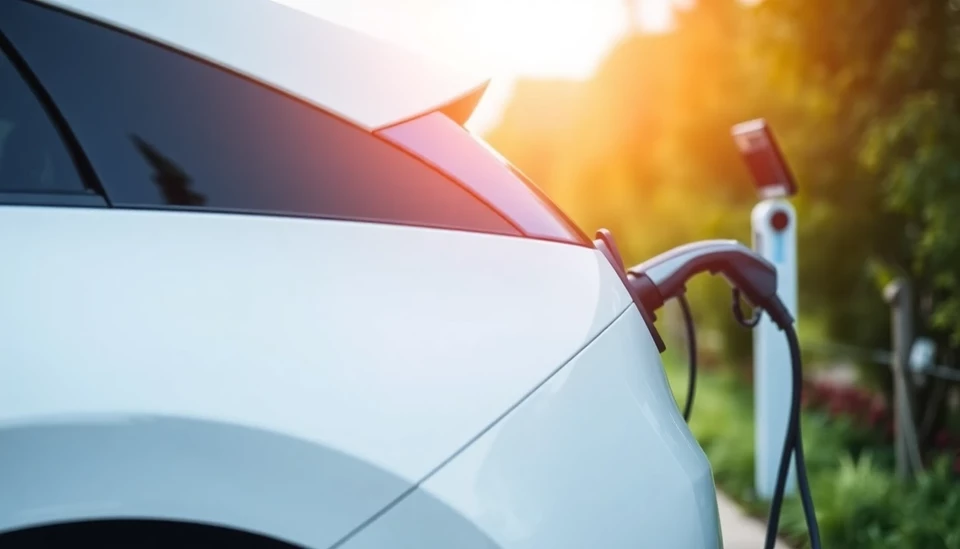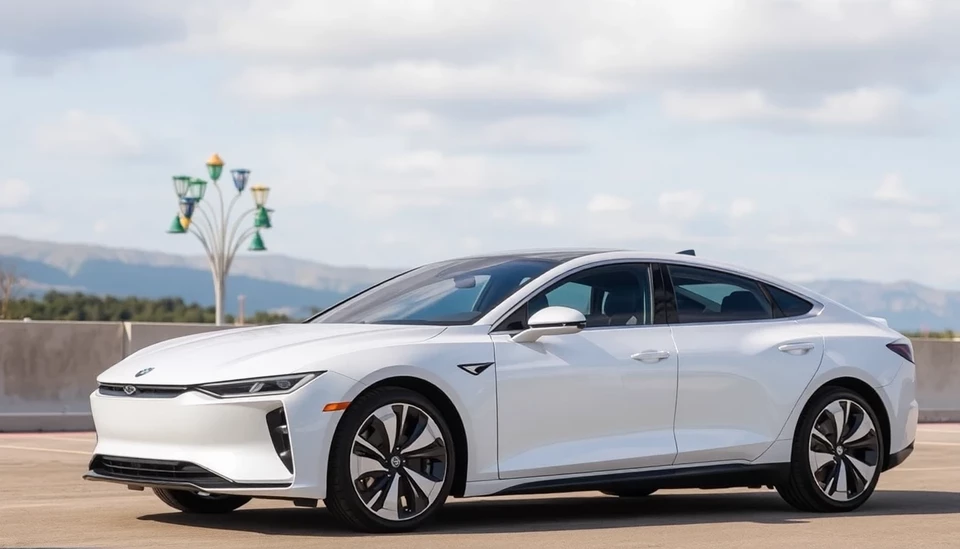
In a bold move addressing the challenges faced by the European electric vehicle (EV) industry, a prominent battery manufacturer has called on the European Union (EU) to enact policies that will significantly reduce energy costs. The plea comes as European firms struggle to cope with rising production expenses while competing against Chinese companies that benefit from lower electricity prices.
The manufacturer, which has yet to be named, emphasized that the ever-increasing energy prices in Europe are becoming a major hurdle for the EV sector. As the EU pushes towards ambitious carbon neutrality goals and aims to reduce dependence on fossil fuels, the current high energy costs threaten to undermine these objectives. The manufacturer argues that without intervention, European companies may lose their competitive edge, ultimately hindering the region's green energy transition.
According to industry analysts, China's dominance in battery manufacturing is driven not only by lower labor costs but also by significantly cheaper energy, which allows companies to produce EV batteries at a fraction of the price charged by their European counterparts. The disparity in energy costs has raised alarms within the EU about the long-term viability of its local battery industry, potentially leading to a scenario where European firms are unable to scale up production to meet growing domestic and international demand.
The call to action included proposals for the EU to explore various avenues for achieving lower energy prices, including the expansion of renewable energy resources, subsidies for battery manufacturers, and improved energy efficiency programs. The hope is that by making energy more affordable, Europe can foster a thriving environment for innovation and production in the EV battery sector.
In a broader context, this appeal highlights the ongoing global competition in the renewable energy sector, particularly between Europe and China. Many European leaders are already wrestling with the implications of reliance on foreign energy and materials, and this issue only adds to an increasingly complex energy landscape. With the pressure mounting, policymakers are under more scrutiny than ever to devise a strategy that ensures Europe remains at the forefront of the green transition.
As the EU deliberates on its next steps, the stakes are high. A failure to act could result in exacerbated economic challenges, job losses, and a slowed transition to electric vehicles, a crucial component of global efforts to combat climate change. The comments from the EV battery maker serve as a clarion call for immediate reform—something that could define the future of the continent’s energy and automotive landscapes.
As we move forward, this situation will demand the attention of both policymakers and industry leaders across Europe, sparking discussions around energy security, innovation, and competitiveness. The European battery industry stands at a crossroads, and it is imperative that stakeholders collaborate to forge a sustainable path that aligns with the EU's green ambitions.
Only time will tell how the EU responds to these pressing concerns, but if there is a will, there could very well be a way forward.
#EVNews #BatteryManufacturing #EnergyCosts #ElectricVehicles #GreenEnergy #China #EUBatterySector #Sustainability
Author: Megan Clarke
